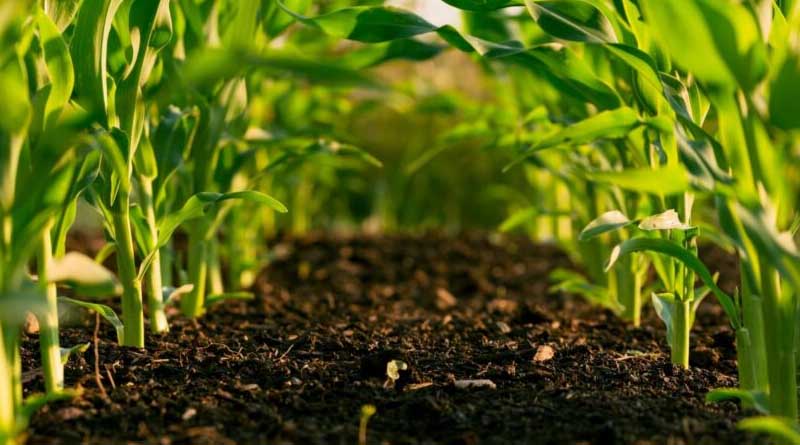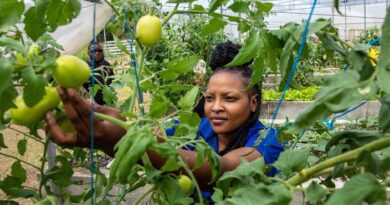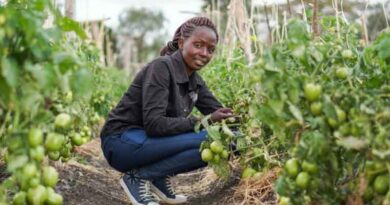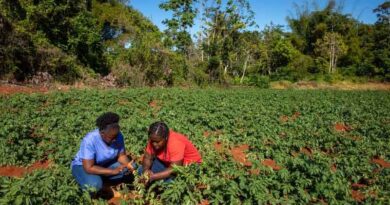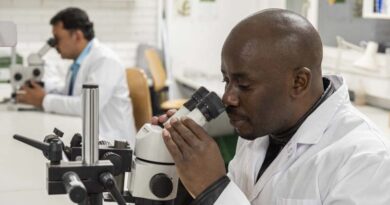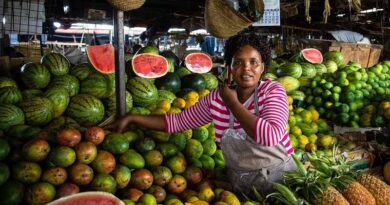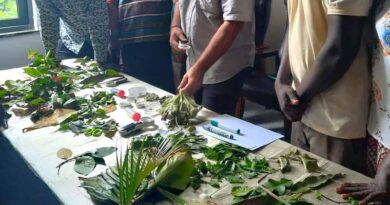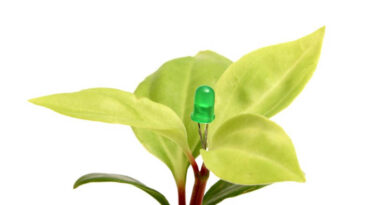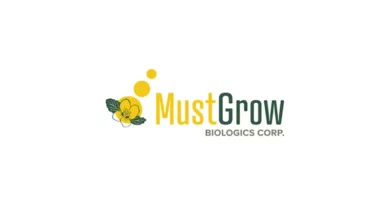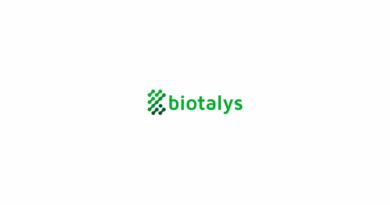What is Integrated Crop Management?
27 February 2024, Ghana: Integrated Crop Management (ICM) is a holistic and sustainable approach to farming, focusing on optimizing resources, reducing input costs and promoting long-term soil health. As such, integrated crop management enables farmers to boost crop productivity while minimizing environmental impact. In this blog post, we explore the fundamental principles of Integrated Crop Management and how it can improve modern agricultural practices.
Certificate of Advanced Studies in Integrated Crop Management
In collaboration with the University of Neuchatel, CABI offers three Certificates of Advanced Studies (CAS) in Integrated Crop Management (ICM). Students can combine the three CAS ICM courses into a Diploma of Advanced Studies (DAS).
These online higher education programmes aim to address today’s critical agricultural and environmental challenges. Students and practitioners worldwide can learn about crop management principles and explore solutions they can implement in any country.
Understanding Integrated Crop Management
Integrated Crop Management is a comprehensive farming strategy integrating various agricultural practices to achieve a balanced and sustainable ecosystem. This approach considers the interdependence of soil health, pest control, water management, and crop nutrition. By adopting ICM, farmers aim to maximize yields, minimize environmental impact, and ensure the long-term viability of their farming operations.
Key Principles of Integrated Crop Management
Soil Health Management
At the core of ICM lies a strong emphasis on soil health. Healthy soil provides a solid foundation for crop growth by supplying essential nutrients, retaining water, and supporting beneficial microorganisms. ICM promotes practices such as cover cropping, crop rotation, and organic matter incorporation to enhance soil fertility and structure.
Crop Rotation and Diversification
Rotating crops helps break pest and disease cycles while maintaining soil fertility. ICM encourages farmers to diversify their crops, mitigating the risk of crop-specific pests and enhancing overall ecosystem resilience. This practice promotes biodiversity and reduces the reliance on chemical inputs.
Integrated Pest Management (IPM)
IPM is a core component of an ICM strategy. Instead of relying solely on chemical pesticides, IPM uses a combination of biological controls, crop monitoring, and resistant varieties to manage pest populations. By minimizing the use of chemical inputs, farmers can protect beneficial insects and maintain a healthier environment.
Water Management
Efficient water use is crucial for sustainable agriculture. ICM encourages the adoption of water-saving technologies such as drip irrigation and rainwater harvesting. Farmers can reduce water wastage by optimizing water resources and enhancing crop resilience, particularly in regions prone to water scarcity.
Benefits of Integrated Crop Management
Increased Crop Yields
By optimizing soil health, managing pests effectively, and adopting precision farming, ICM can lead to increased crop yields. Over the long term, farmers using an ICM strategy often report enhanced productivity and profitability.
Environmental Sustainability
ICM’s focus on reducing chemical inputs and promoting sustainable practices contributes to environmental conservation, including protecting biodiversity. By minimizing the environmental impact of farming operations, ICM aligns with the growing global emphasis on sustainable agriculture.
Cost Savings
Through the judicious use of resources and the reduction of input costs, farmers practising ICM can experience cost savings. Precision farming technologies, in particular, help farmers make informed decisions, minimize waste, and maximize efficiency.
Integrated Crop Management is more than just a farming technique; it’s a holistic approach that addresses the interconnected challenges faced by modern agriculture. Farmers can unlock the potential for increased yields, environmental conservation, and long-term agricultural success by prioritizing soil health, embracing precision farming, and adopting sustainable practices.
Also Read: Marut Drones and PJTSAU’s Direct Seeding Device Receives World’s First Utility Patent
(For Latest Agriculture News & Updates, follow Krishak Jagat on Google News)

